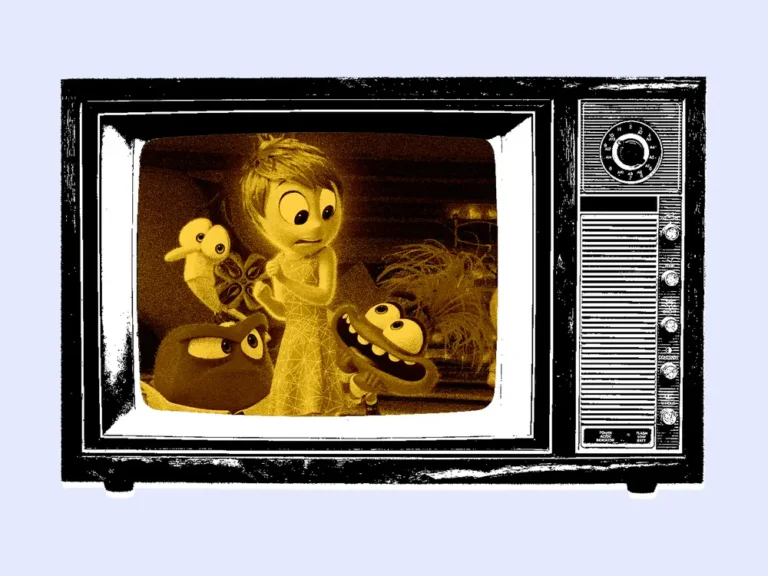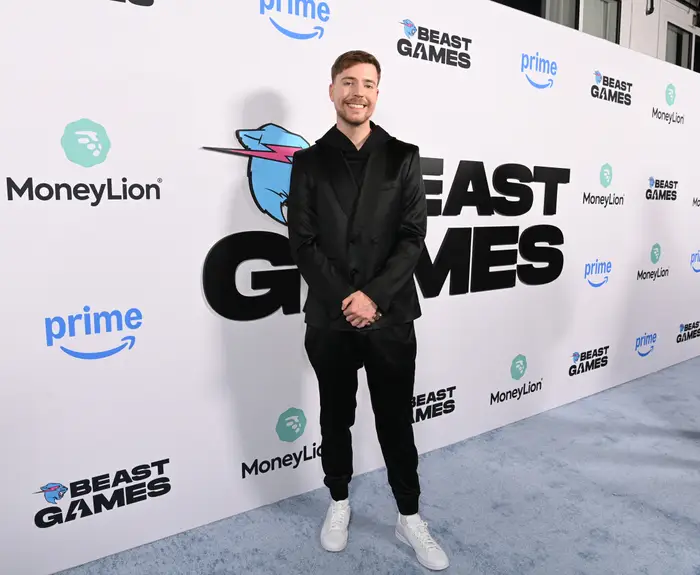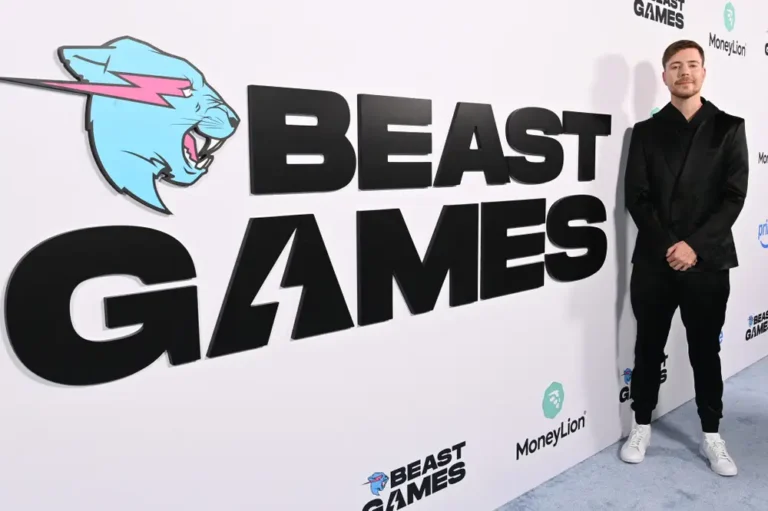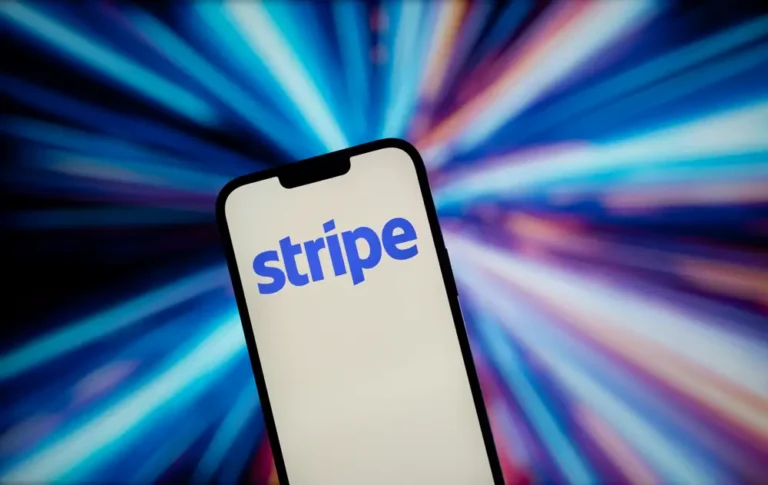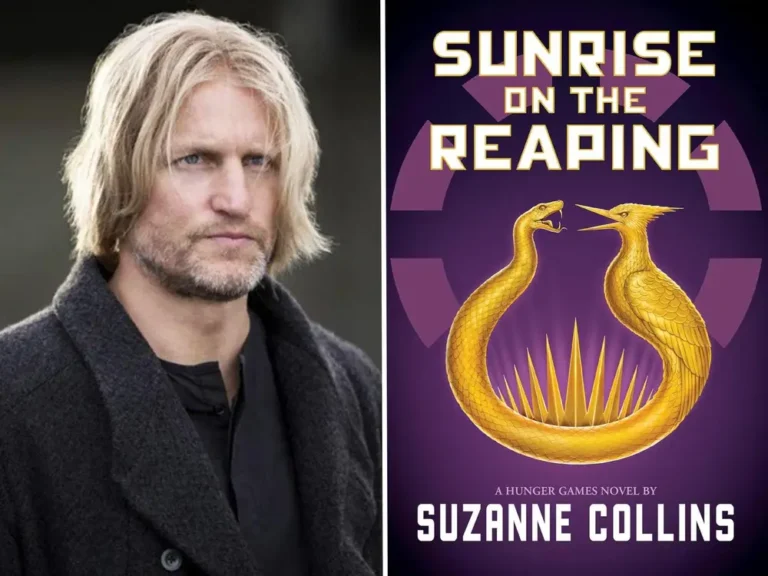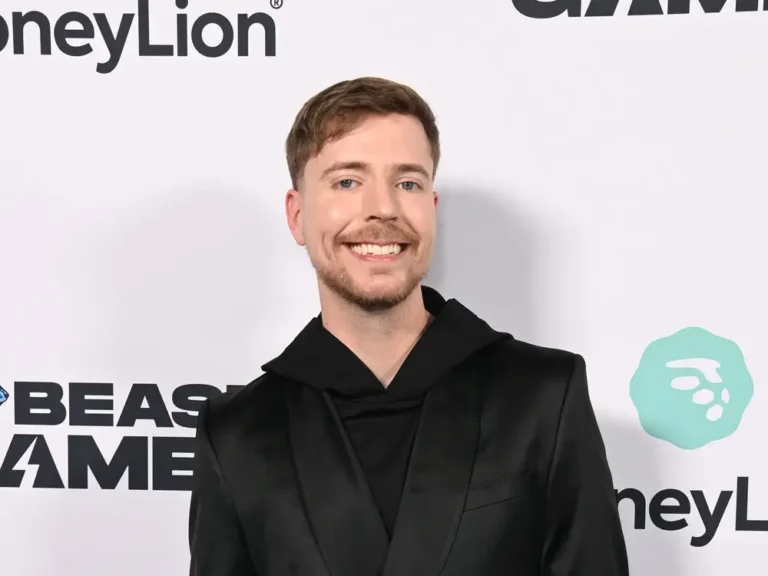The Paris Olympics are nice, but agents and brands are already prepping for an even bigger prize: Los Angeles in 2028
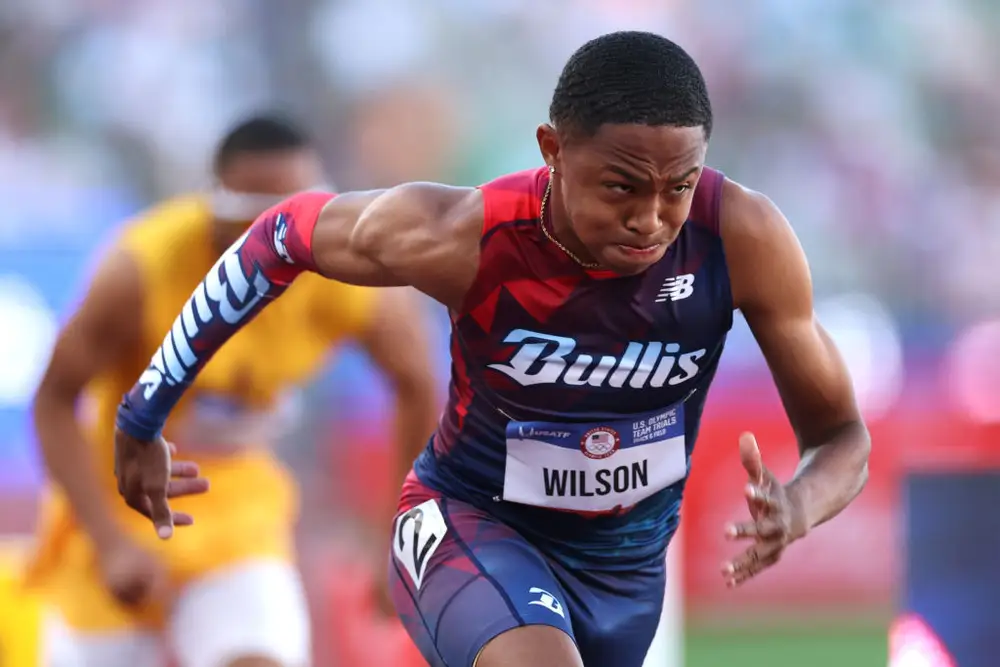
Sixteen-year-old Quincy Wilson is the youngest-ever male to join the US Olympic track team.
The Olympic Games in Paris hasn’t even begun, but talent agents are already looking to the Los Angeles Games in 2028.
Savvy agents are leveraging the Paris Games — a huge moment in their own right — to snag fresh, breakout talent and negotiate long-term commercial deals with the expectation that the Los Angeles Games will draw even more demand from brands that want to work with athletes.
That means debut talent who are under the radar but show promise in 2024 could get scooped up by a major talent agency or be in contention for bigger deals heading into 2028.
WME recently signed 16-year-old track and field athlete Quincy Wilson, who is the youngest male to ever qualify for the US Olympic track team.
“Brands are looking for athletes with compelling stories, strong values, and a realistic shot at gold in LA28,” Mark Ervin, WME partner and Olympic sports group head, told B-17. “Quincy checks all those boxes.”
Sponsors are also more willing to sign long-term deals that can help a young athlete stay relevant and develop their brand between the Summer Games. Previously, a commercial deal around the Olympics that lasted more than a year was reserved mainly for the biggest stars and sports.
“It’s a little different now,” said Peter Carlisle, managing director of Olympics and action sports at Octagon. “Companies, in addition to planning for Paris, they’re spending a tremendous amount of time and effort preparing for LA in 2028 because it’s that big of an opportunity.”
“The holy grail is to try to negotiate the terms of the deal going into Paris to bridge that gap going into the Summer Games,” he added. “So when you roll into LA28, not only do you have that partner, you’re getting the benefit of what they’ve already done.”
Heptathlete Anna Hall, who’s competing in her first Olympics, is one such athlete Octagon works with who’s expected to make a big splash in 2024 and could be an even bigger name by 2028, Carlisle said.
It makes sense for brands that want to get in on both Paris and Los Angeles to align themselves now with promising talent, like 16-year-old gymnast Hezly Rivera, who’s already attracting attention as the youngest member of the US Olympic Gymnastics Team for Paris 2024.
Harry Poole, VP of marketing solutions at Excel Sports Management, pointed to US gymnast Aly Raisman, who became a household name during the 2012 Olympics in London.
“Brands that got in with her before London were paying a different price than those that got in after,” Poole said, adding that the Los Angeles Games will “be probably the greatest sporting spectacle we’ve ever seen” and give US Olympians a much larger platform.
What’s so special about LA28?
The last Summer Games in Tokyo were challenging for marketers because of the pandemic delay and time-zone difference for US viewers. But the games are expected to be back in full force this year in Paris.
That momentum is expected to keep building heading into LA28, the first summer Olympics hosted in the US since 1996.
“That makes LA28 pivotal for athletes and brands because they can tap into the vast American consumer base with entirely new generations,” Ervin at WME said. “Athletes can leverage the global spotlight and a supportive home crowd, while brands can build long-term partnerships with rising stars and capitalize on the massive US market.”
Social media has also completely changed the way companies think about the Olympics and athlete marketing. Olympic athletes, for the most part, used to only get big attention from brands every two or four years when they drew the national and global spotlight during the games. Now, many athletes create content on social media and have built names for themselves as influencers, which creates more opportunities beyond the typical Olympic cycle.
“LA28 is a unique, important, and competitive marketing opportunity as there’s been a surge in demand to align with athletes earlier in the Olympic cycle,” Ervin said. “Brands recognize the Olympic marketing landscape is getting more competitive, and they’re realizing the value of demonstrating their support not just during the two weeks of the games, but over the course of the athlete’s full Olympic journey.”
The competition isn’t only on the brand side. More talent agencies have also expanded into working with Olympic athletes.
“I see a lot of agencies getting into the space in terms of just wanting to represent a lot of these athletes about to go into games,” said James Crane, a talent agent at Buchwald.
Buchwald, which has a long history in the entertainment industry, itself expanded into sports content a few years ago and works with current and former athletes, including several Olympians. Crane said the Los Angeles Games are a big focus for the firm.
“It’s a big priority,” he said. “Everything is a little more amplified in Los Angeles, and there’s going to be a lot of media and press. Not to say that it’s not the same for Paris because it’s going to be gigantic, but given it’s LA, given all the resources, just given everything that’s out here.”

